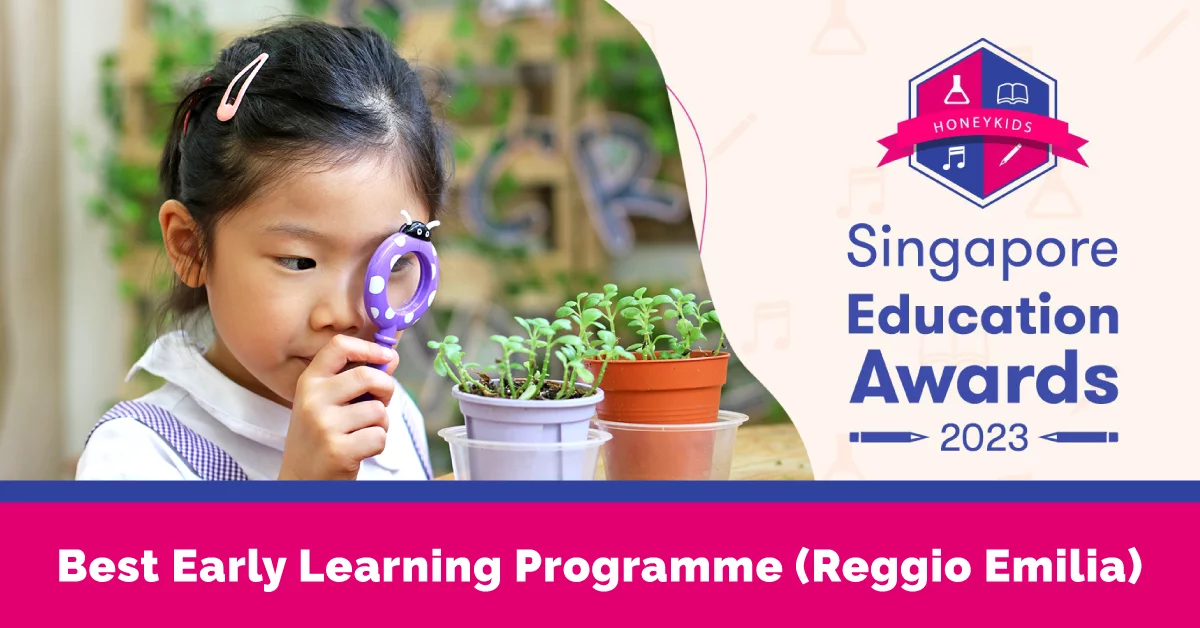
The Balance Between IQ & EQ
The Balance Between IQ & EQ
IQ, or intelligence quotient, is a measure of your ability to think and solve problems. It’s usually measured by taking a test that measures your verbal and non-verbal reasoning skills. Emotional Intelligence (EQ) is the ability to recognise your emotions and manage them effectively. It has four different sub-components: self-awareness, self-regulation, motivation, and empathy.

This article explores how these two concepts relate to each other and why it’s important for your child to develop both of them.
IQ and EQ Are Two Different Concepts
The average adult IQ is 100, but most people have an IQ between 80 and 130. The higher your IQ, the more likely you are to achieve success in academic and professional fields. IQ is important because it helps us predict how well someone will do on tasks that require a lot of abstract problem solving, such as maths or science.
However, there are some drawbacks to focusing too much on raw intelligence alone. This is because people with high IQs aren’t guaranteed any specific type of success. There are plenty of examples out there showing that good grades don’t necessarily lead to good careers or happy lives either (think Bill Gates). That’s why EQ matters too!
People with high EQ can identify their own emotions and understand how they affect themselves and those around them. They are also good at identifying and empathising with the emotions of others and figuring out what motivates them.
However, it’s important to note that EQ is not directly related to IQ; instead, it’s more closely associated with one’s personality traits.
How To Develop IQ in Children
- Be curious. Encourage your children to ask questions, and make sure they know that you want them to.
- Focus on their behaviour. Teach them how to focus on the task at hand and choose one thing at a time. This helps them develop concentration and focus.
- Build logical thinking skills. Help your kids come up with creative solutions by teaching them how to think logically, like “how would I do X in this situation?” or “why did Y happen?”
- Teach critical thinking skills. When presented with information or problems, encourage your little ones to question their own conclusions and ask themselves what else could be true (or false). Don’t tell them the answer—instead let them reach it for themselves so they can gain confidence in their own thoughts and decisions!

IQ and EQ are often used interchangeably, but in reality, they represent two distinct sets of skills that are equally important and powerful in their own right.
EQ Helps You Handle Stress Better
It’s no secret that stress is a major source of anxiety for many people. We all experience it to some degree, but when the pressure becomes too much and our emotions spiral out of control, we may find ourselves in a state of panic and distress.
EQ helps you handle stressful situations better by helping you deal with them more effectively so that your reaction isn’t as dramatic or intense.
Therefore, it’s important to recognise the signs that indicate there’s an issue before they escalate into anything more serious.
EQ Helps You Make Informed Decisions
IQ is a measure of your ability to think, but it’s not a good predictor of how you will perform in life. IQ is less predictive than EQ. EQ enables you to understand how other people feel and can help you make informed decisions about how to handle situations that might cause conflict.
Higher levels of EQ also mean better problem-solving skills—and those are two things that are very important in the workplace. Research shows that EQ plays a bigger role than IQ when it comes to getting ahead at work!
EQ Helps You To Identify Who You Are and What You Want
EQ helps you become aware of why you feel the way you do, as well as how to manage your emotions to increase self-awareness. This means that it allows you to better understand yourself and your relationships with others.

How To Develop EQ in Children
- Help your child understand their emotions.
- Talk about emotions with your child.
- Let your child know that you are there to support them.
- Use role-playing to help your child understand their emotions.
Many people are not aware of the importance of these two characteristics, but they can affect everything from your relationships with others to how successful you are at work. The good news is that it’s never too late to learn more about yourself or improve how you interact with others.
What if we told you that there was a methodical way to teach your child how to act wisely and deal with uncertainty and problems in a way that will better prepare them for the future? Understanding how to act wisely and deal with ambiguity or problems effectively is the focus of Mulberry Learning’s Habits of MindTM programme. Dr. Arthur Costa, co-director of the Institute for Intelligent Behavior in El Dorado Hills, California, and emeritus professor of education at California State University, Sacramento, developed this framework to give kids of all ages a set of intelligent thinking dispositions for independent learning, critical thinking, and efficient inquiry.
Every parent understands how it feels to have their child do something seemingly “out of character” and wonder…where did he/she pick it up from? Or when you are doing household chores or preparing to go to work, and they picked that exact time on purpose to break something. It can be increasingly frustrating, and it would be easy for you to snap at them. This is how not to set an example.
Mulberry School Tour
Our Locations
Click here to visit our Contact Us page and view the preschool/infant care centres conveniently located near you.
CONNECT WITH US
USEFUL LINKS
About Us
Mulberry Learning prides itself on making the preschool experience both memorable and enjoyable while transforming a child into a competent explorer, an imaginative thinker, and a creative problem solver. Through our proprietary award-winning curriculum, unique Habits of Mind programme and dedicated staff who are passionate about imparting positive attitudes, Mulberry Learning holds strong in its promise to deliver a holistic education that nurtures the Future Ready Child.
A PREMIUM PRESCHOOL BRAND UNDER GLOBAL EDUHUB





